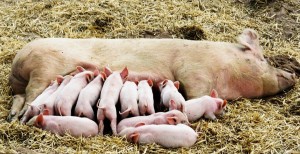When I was young I thought a single word could change everything. As I grew older I thought I needed to instead depend on collections of words, and hoped that by their jostling Brownian randomness they would somehow settle into meaning. Later I learned that words could form coherent structures, that more important was the order of their appearance if I wanted the heavy lifting I was demanding of them to be performed.
For a time I was entranced by the forms, my rigidity demanding the exact placement of the slotted word. Almost at once the forms stretched, and as I learned more I realized the word was endlessly plastic and could be twisted to suit, deforming structure around it as if the word were somehow unreal, merely an arbitrary utterance cast adrift from intention and desire.
Some told me I should abandon the word entirely, and focus instead on what is known, the reliable physicality of the unworded world, an image in a mirror, or going even further back, the glorious chaos that was the wordless real of my youth.
Only now does it occur to me that I still rely on the single word, that I ask it to carry the burden of inevitable incoherence,  collecting resonance as it tumbles across the page, squirming for space, a piglet at a teat, shouldering aside others in the demand to be heard.
collecting resonance as it tumbles across the page, squirming for space, a piglet at a teat, shouldering aside others in the demand to be heard.
